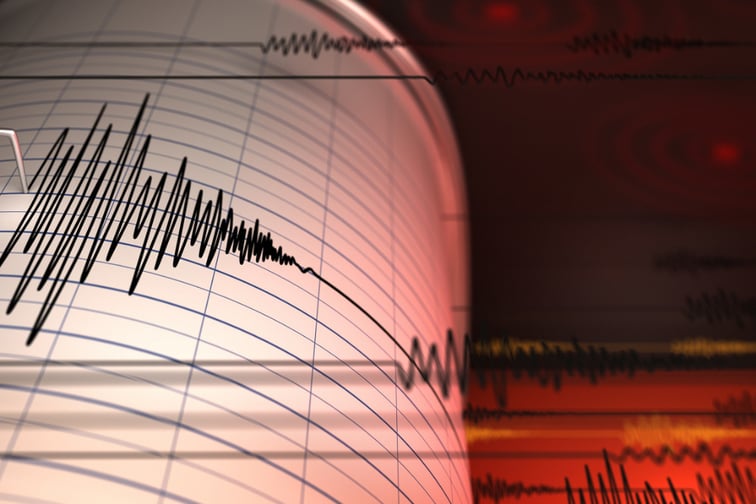

The Earthquake Commission (EQC) has awarded a total of $1 million to 13 researchers as part of its Biennial Grants programme that seeks to boost New Zealand’s resiliency against natural hazards.
According to the EQC, it wants natural hazard resilience to become embedded in all aspects of decision-making for homes, towns, and cities. One vital part of achieving this vision is to invest in research that will reduce vulnerability to natural hazard events. The Biennial Grants programme was initiated in 1989 and it was able to attract a record high of around 120 applicants this year.
The 13 selected applications were those that aligned with EQC’s research priorities, but also incorporated a mātauranga Māori, climate change or social science perspective into the research.
“The successful projects cover everything from building lower carbon cost homes that are seismically resilient, to deploying ocean bottom seismometers to study Wellington offshore earthquakes in the “locked” region of the Hikurangi Subduction Zone, and design for the re-erection of an important wharenui using mātauranga Māori,” said EQC research manager Natalie Balfour.
“When sound data and research is put into the hands of key decision-makers like policy makers, local councils, designers, engineers, builders and most importantly, the New Zealand public, this is when we can start making a difference. Investing in science and research and translating that into tangible outcomes is a critical part of that.”
For this year’s grants, EQC introduced two special allocations that ensure opportunities for Māori and early-career researchers.
“EQC is thrilled by the response to this year’s grant round,” Balfour said. “We are pleased to be supporting fantastic projects that broaden the focus of EQC’s research programme and will deliver new knowledge for New Zealand’s resilience.”
